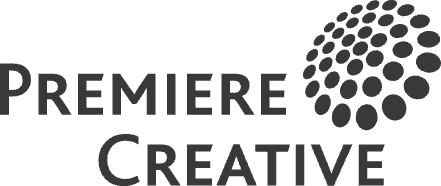SEO or Search Engine Optimization is a collection of techniques used to increase the visibility of a website or webpage in the search engine’s organic search results. Webmasters spend a lot of time researching and analyzing different techniques to crack down the code of SEO. The main objective of practicing SEO is to attract customers to your website via search engines. If your website is ranked higher in search results page, the more visitors you attract and consequently if you have more visitors, you will be ranked in the top three results of the organic search results list.
SEO techniques vary from search engine to search engine, albeit it is practiced to get priority in three of the major search engines such as Google, Bing, and Yahoo. All these search engines have their own algorithms with which they rank websites and web pages. Search engines are built on specialized programs called crawlers. The aim of a crawler is to scan and index content relating to the keyword searched, and it is this bot that throws up in the organic search results. For example, Google, one of the top search engines, has its proprietary crawler named as the Googlebot, which scans and indexes content for Google search 24/7.
Search engine optimization is also about showcasing your website’s purpose and use to your target audience, when this objective is fulfilled your visibility improves organically. Initially webmasters call for search engines to showcase the presence of their websites to target customers. Too much SEO can also be detrimental to your website’s visibility, as webmasters often forget that the website is for customers and not search engines. There are many methods by which you can improve the visibility of your website on organic search results, these methods may seem to be incremental, but only when they are combined with other optimization methods, they are effective.
I would like share a few SEO tips that will help you to improve your site’s visibility on organic search results and help drive traffic to your website.
- Be specific when you are creating page titles and use them effectively in your title tags. A title tag educates search engine crawlers about the topic of the website or a particular page. Ensure that either the title tag or the description Meta tag includes the name of your business, location, and the information about the main products and services offered. The contents of the title tag usually appear in the first line of search results.
- Work on improving the structure of the website and use the URLs to describe the content of the page. Design your website in such a way that it is easy to navigate and also ensure that all content comply with publishing guidelines of the famous search engines.
- Incorporate social media options in all your pages to enable sharing between users, as search engine crawlers often index social media websites for keyword related content to gain authority and validate the authenticity of your website.
- Use anchor text effectively in all your content and also make it descriptive so that search engine crawlers can easily understand what the page linked is about. Also use anchor texts to generate internal links within the website.
